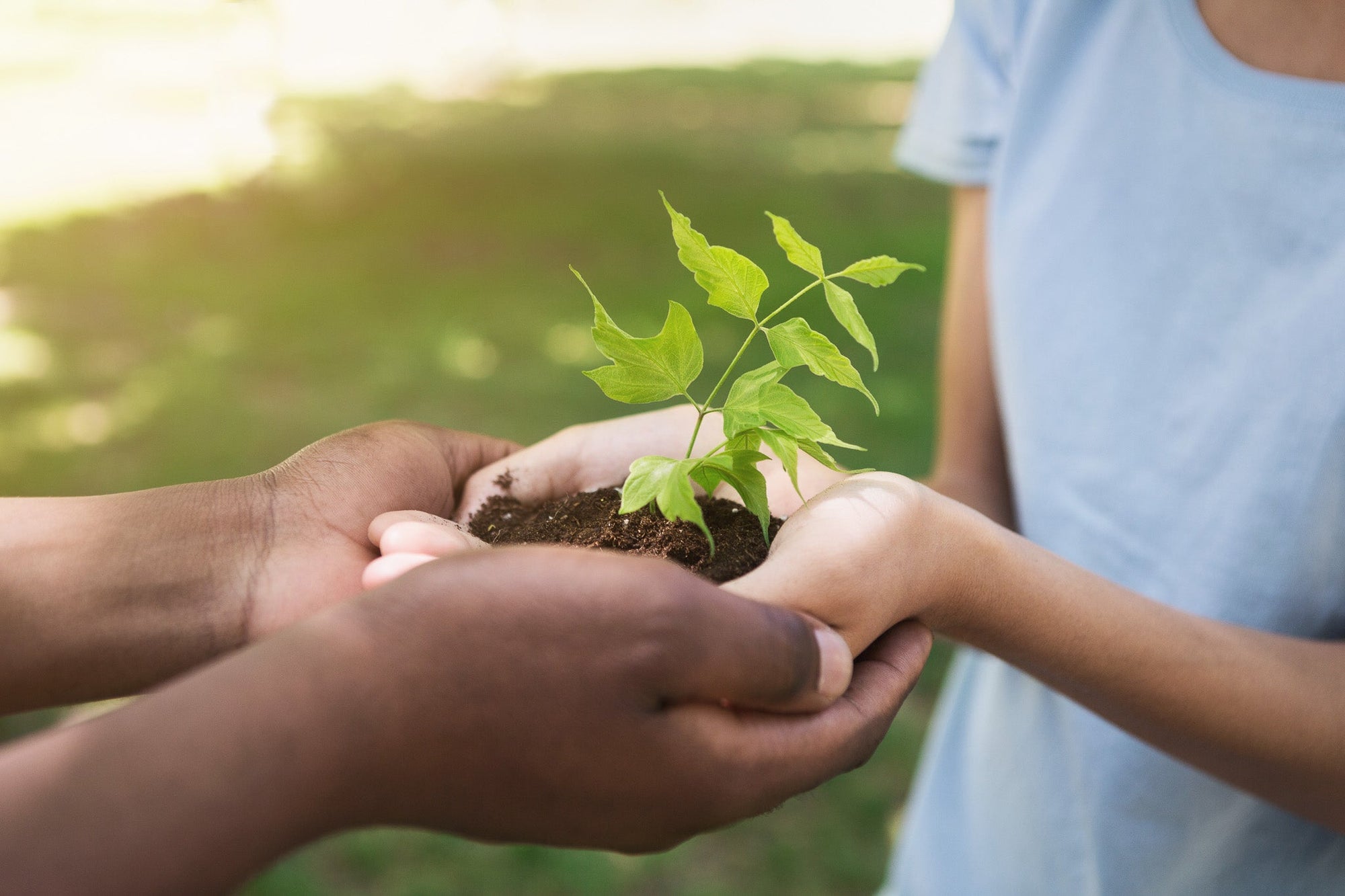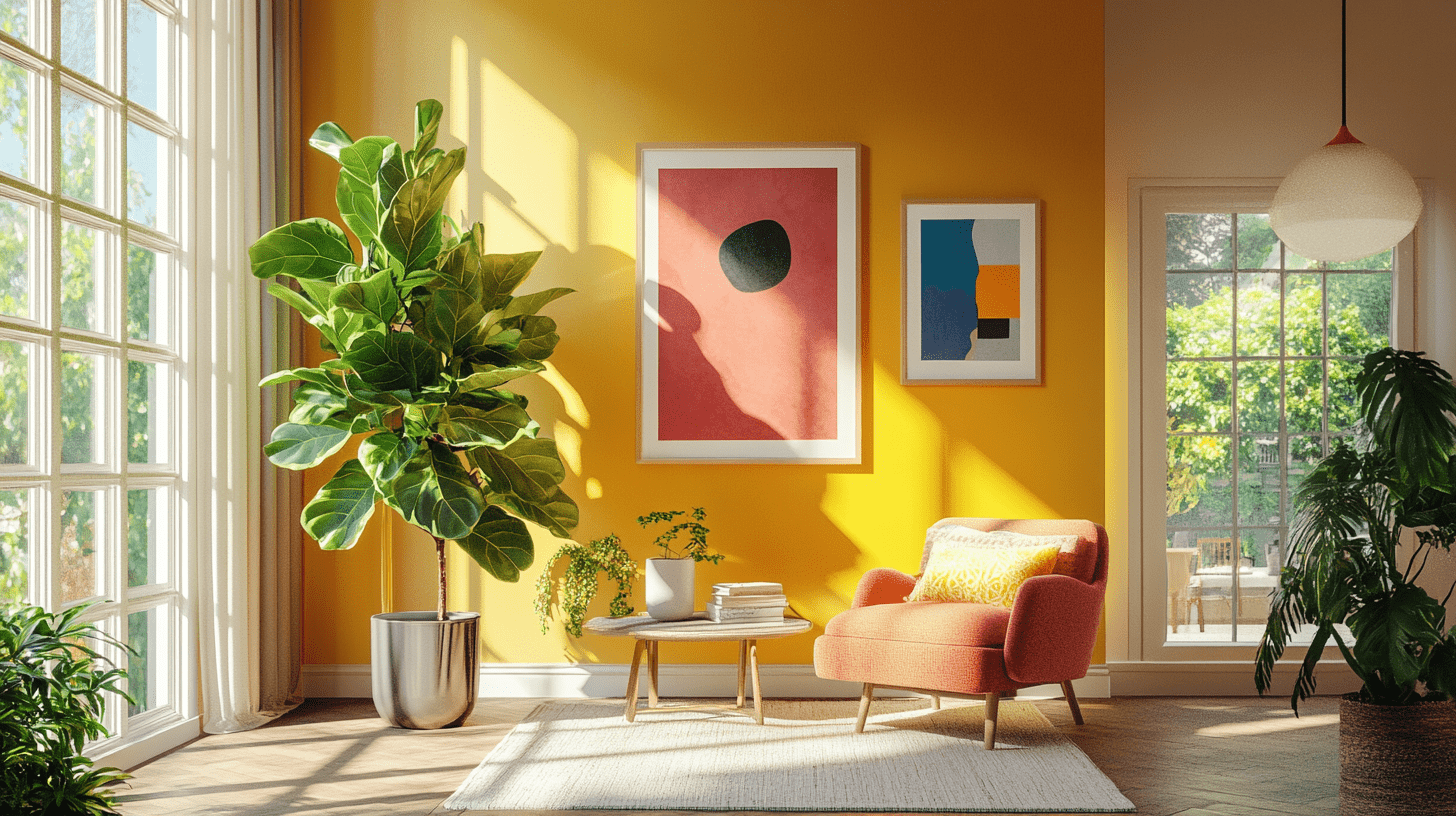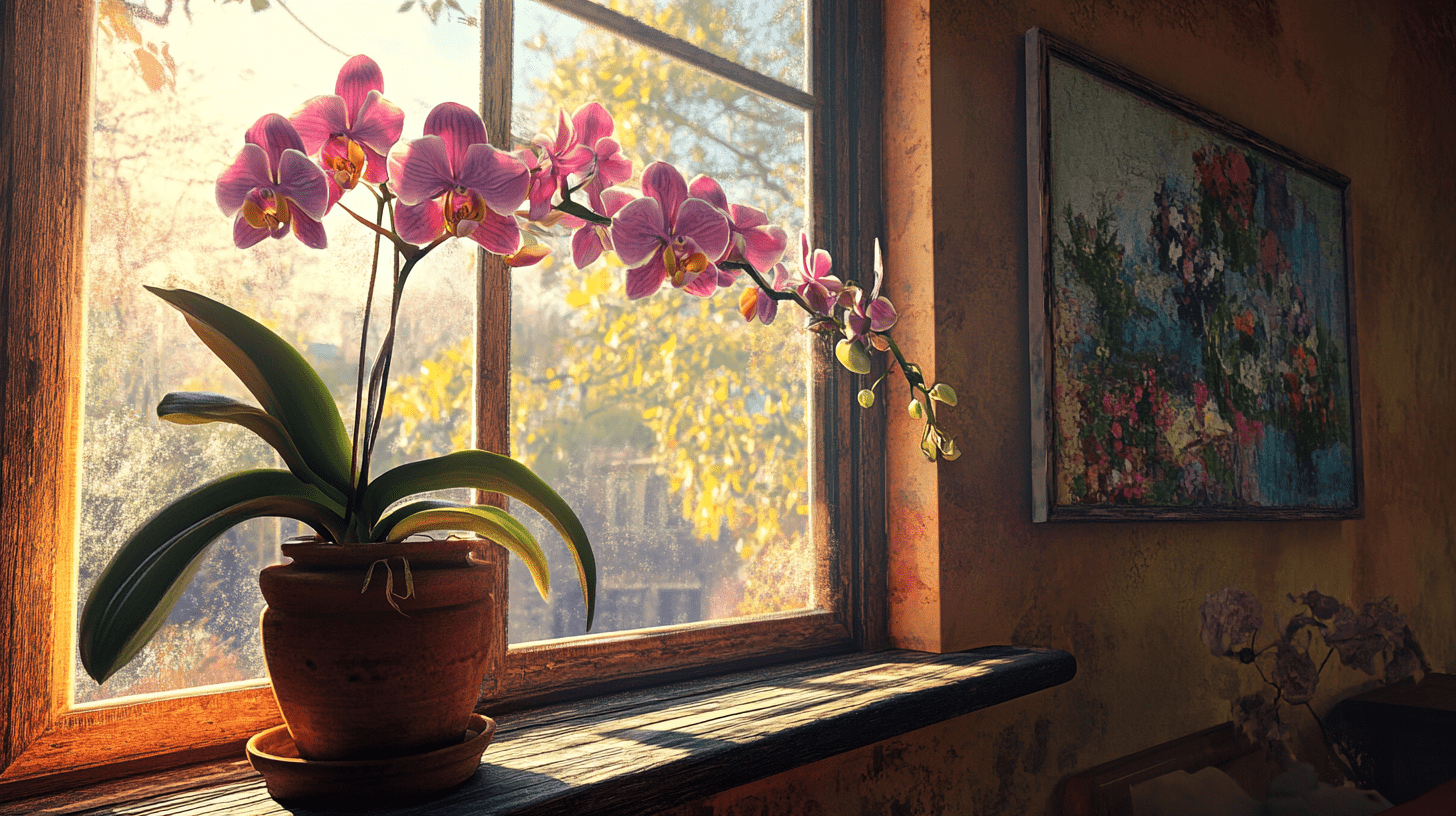
Plants have played a significant role in human life for thousands of years. They have been used for food, medicine, and religious rituals, as well as for their beauty and symbolic meaning. Today, plants continue to be a popular choice for home décor and gardening, and many people derive joy and satisfaction from caring for them.
One reason why people love and keep plants is for their aesthetic value. Plants add color, texture, and life to a space, and can make a home feel more welcoming and inviting. They can also provide a sense of calm and tranquility, which is especially important in today's fast-paced world.
In addition to their beauty, plants have practical value as well. Some people grow herbs and vegetables for cooking, or keep fruit trees and berry bushes in their backyard. Others use plants to create natural barriers or to provide shade and privacy.
But the benefits of plants go beyond their practical use. Studies have shown that being around plants can have a positive impact on mental health and well-being. Caring for plants can be a relaxing and therapeutic activity, and interacting with them can help to reduce stress and improve mood.
Plants also have the ability to purify the air and improve indoor air quality. They absorb carbon dioxide and release oxygen, which can help to reduce the levels of indoor pollutants and improve overall air quality.
Finally, plants have cultural and symbolic significance for many people. Different cultures and traditions associate certain plants with specific meanings or beliefs, and some people keep plants for their spiritual or religious significance.
In conclusion, the love and appreciation for plants is deeply rooted in human history, and there are many reasons why people continue to keep them today. Whether for their beauty, practical value, or symbolic meaning, plants enhance our lives in countless ways and bring us joy and satisfaction.



